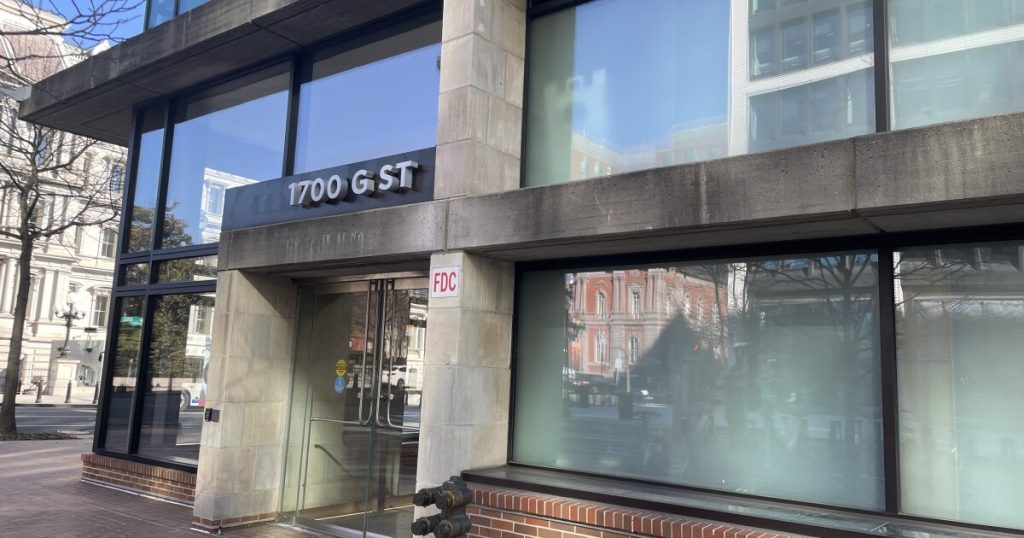A federal appeals court prohibited the Consumer Financial Protection Bureau from issuing any new reduction-in-force notices to its employees until after the court rules on the merits of the bureau’s appeal of a lower court injunction blocking mass firings at the agency.
In a Monday order, a three-judge panel of the U.S. Court of Appeals for the District of Columbia Circuit lifted a partial stay that it had issued on a portion of a lower court injunction. That stay had allowed the CFPB to issue reduction-in-force, or RIF, notices to employees after it had engaged in a “particularized assessment” of individual employees it believes should be terminated to determine that their departments can continue to carry out statutorily-mandated functions. By lifting the stay, the appeals court has effectively prohibited the CFPB from issuing any RIF notices until after the court has heard oral arguments challenging the lower court injunction. That hearing is scheduled for May 16.
“Given these ongoing disputes, we think it best to restore the interim protection of … the preliminary injunction, which ensures that plaintiffs can receive meaningful final relief should the defendants not prevail in this appeal, rather than continue collateral litigation over the meaning and reviewability of the ‘particularized assessment’ requirement imposed by this court’s stay order,” the order reads.
The CFPB has been a significant target for workforce reduction under the second Trump administration. After President Trump fired former CFPB Director Rohit Chopra, a Biden-administration appointee, and installed Treasury Secretary Scott Bessent as interim director in February, Bessent ordered the agency to cease all rulemaking activity. Only days later, Office of Management and Budget Director Russell Vought took over as acting CFPB director and further ordered the agency to cease all enforcement activities as well.
Vought sent termination notices to several hundred term and probationary employees in February, spurring the National Treasury Employees Union — which represents CFPB employees — to sue the administration for illegal terminations and efforts to dismantle the agency without an act of Congress. The judge overseeing the case held two days of evidentiary hearings to determine the motives behind those actions, ultimately issuing a preliminary injunction preventing Vought from further terminations.
The Department of Justice appealed the injunction to the DC Circuit, arguing that the agency’s terminations were part of a typical policy review that occurs during every change in presidential administration. The appeals court maintained the injunction but issued a stay on the portion that prevented the CFPB leadership from terminating employees; instead, it allowed the administration to terminate employees as part of a RIF plan, so long as those reductions were conducted in such a way that the administration could attest that duties the CFPB has been required to perform by law would not be impacted.
CFPB Chief Legal Officer Mark Paoletta then sent a memorandum to CFPB employees drastically reimagining the bureau’s functions and capacities, including downsizing its enforcement efforts and nonbank supervision and declining to pursue fair lending cases based on “disparate impact” — a term meaning that a lender’s policies result in discrimination against protected classes of citizens even if they are not overtly discriminatory on their face.
The following day, the CFPB sent RIF notices to more than 1,400 employees, spurring the NTEU to file a new motion in court to block the move on the grounds that the notices violate the terms of the DC Circuit’s allowance for RIFs that come as part of a “particularized assessment” of employees’ impact on statutory mandates. The DC District Court had scheduled a second evidentiary hearing on April 28 that was later rescheduled for April 29 and 30. The court has since vacated the evidentiary hearing in light of the DC Circuit lifting its stay on the lower court injunction.

